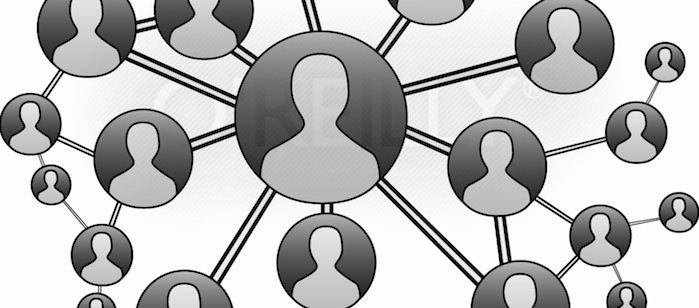
Write or Radiate
Professor Christopher Rose
Rutgers University
1:00pm Friday December 9, 2011, ITE 227
Communication theory researchers do the relatively routine but deeply important work that maintains and expands our increasingly connected society. It is therefore easy to forget that communications research, by its very nature, is more than about telephones and the Internet, but is about interactions of any and every kind. That is, communication theory is an inherently profound subject and as communications researchers, we should be sensitive to the deeper questions our discipline often raises. In illustration, we describe how some routine wireless research had something surprising to say about how we might efficiently communicate across a wide range of distances and in so doing knocked on the door of one of the "big questions" — are we alone in the universe?
Christopher Rose was a semi-lifer at MIT from 1975 to 1985. He was paroled by his new wife and new baby in 1985 when he graduated with a Ph.D. in EECS. Almost immediately afterward he began what is now a 26-year-and-counting postdoc in communication theory starting at Bell Laboratories Research where he rubbed shoulders with a wide range of uniformly delightful technical angels and curmudgeons. He's currently an ECE professor at Rutgers, WINLAB and an IEEE Fellow cited for "contributions to wireless systems theory."
Chris has always been confused about his technical identity and has thus roamed over research terrain that has included introducing surprisingly good random switch architectures as an antidote to the "topology of the week" rage back in the late '80s, better-than-fiber superconducting coax with levitated center conductors during the heady days of High-Tc superconductors, and a variety of wireless problems, culminating in his proudest moment — an interview on NPR where a caller asked him about crop circles and ET communication. That interview (and the Nature paper which spawned it) has done wonders for his reputation as an expert witness.
He is currently thinking hard about (but not making loads of progress on) fundamental problems in bio-molecular communication. He is also thinking about communications as a lens on everything — with some already surprising initial results.







